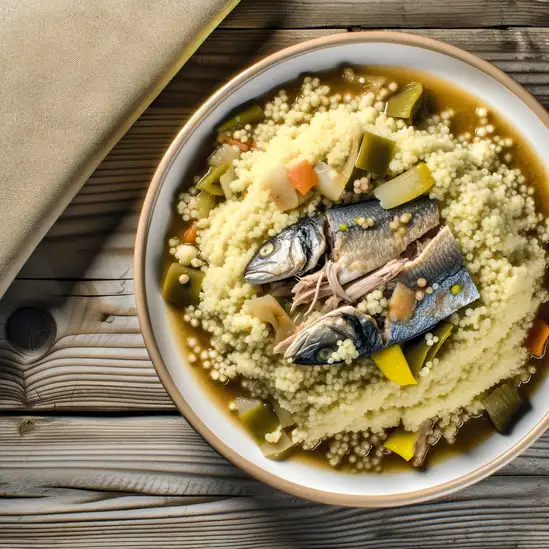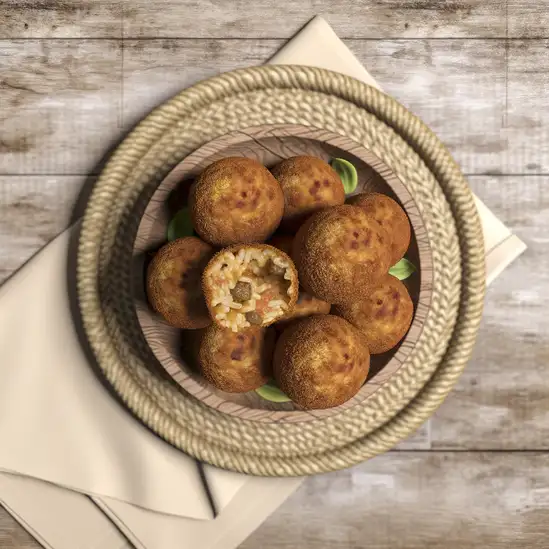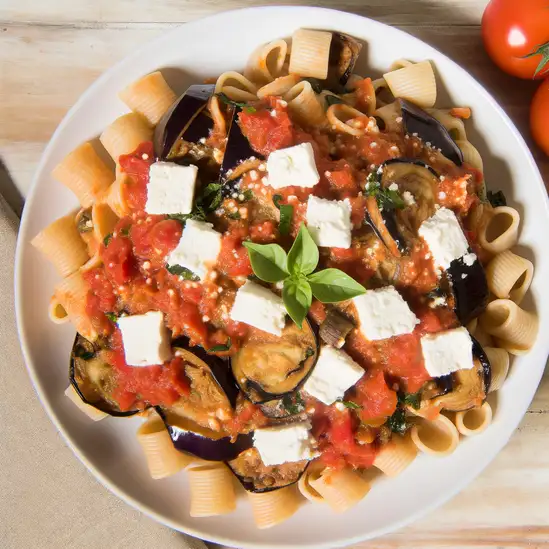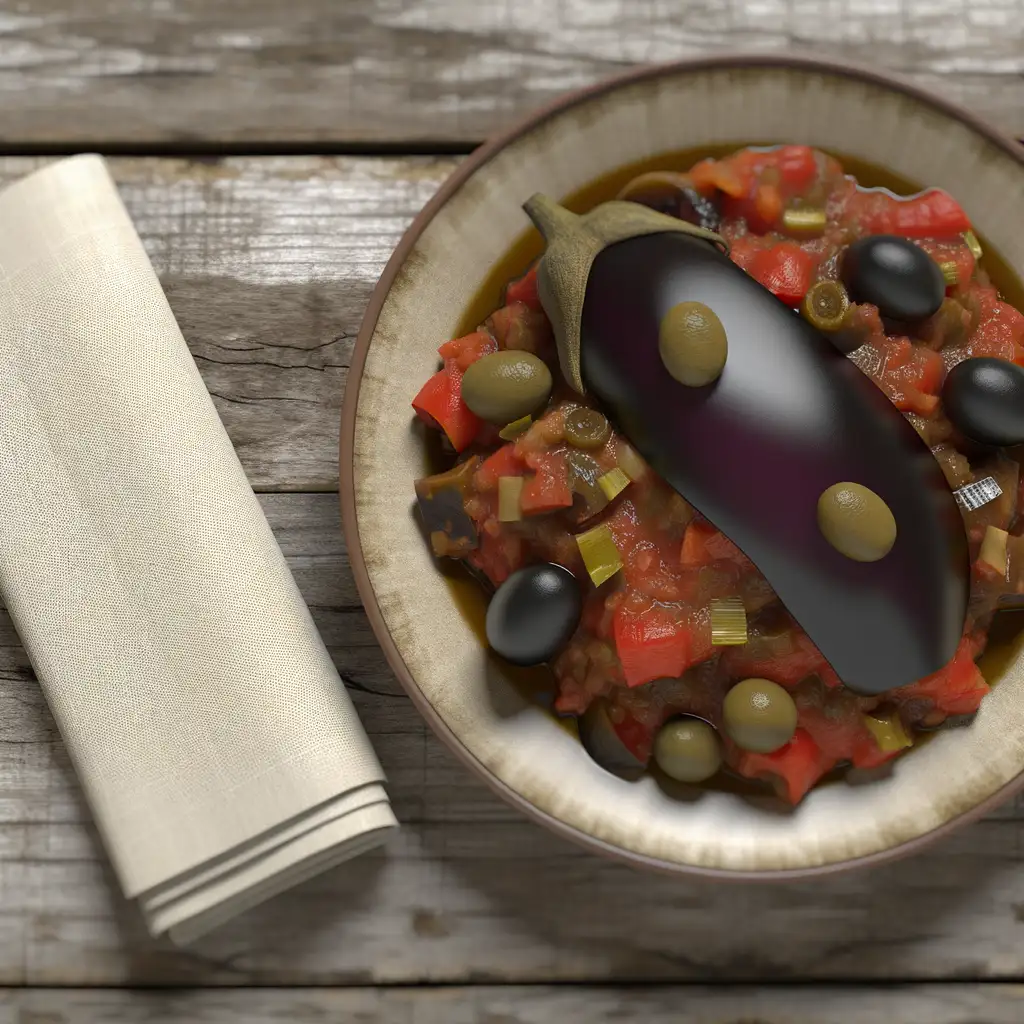



If you ever find yourself wandering through Sicily,Siracusa is the kind of place that wraps around you like a warm,familiar melody. The moment you step into its sun-drenched streets,there’s this timeless energy—ancient stones whisper stories while the salty breeze from the Ionian Sea carries the scent of blooming jasmine and fresh espresso. It’s a city where history isn’t just in museums; it’s alive in the crumbling Greek amphitheater,the bustling piazzas,and the way locals greet each other with genuine smiles. Walking through Ortigia,the island heart of Siracusa,feels like stepping into a living postcard. You’ll hear the chatter of market vendors selling sun-ripened oranges and freshly caught seafood,the clinking of glasses as people toast with local Nero d’Avola wine,and the distant hum of church bells mingling with the waves. The narrow alleys open up to stunning baroque squares where you can sit at a café,savoring a granita that cools you down while the afternoon sun paints everything golden. What makes Siracusa truly unforgettable is its blend of raw history and vibrant daily life. You can explore ancient ruins that have stood for millennia,then lose yourself in the lively street markets or enjoy a seafood dinner by the water,where the flavors are as rich as the city’s past. It’s a place that invites you to slow down,breathe deeply,and soak in the beauty of a culture that’s both proud and welcoming.
The information on this page is currently being reviewed by Tripkliq and should be used as a guide only
Eng word: Hello
Eng pronunciation: chow
Local language: Ciao
Eng word: Goodbye
Eng pronunciation: ah-ree-veh-DEHR-chee
Local language: Arrivederci
Eng word: Thank you
Eng pronunciation: GRAH-tsee-eh
Local language: Grazie
Eng word: How much
Eng pronunciation: KWAN-toh KOH-stah
Local language: Quanto costa
Eng word: Toilet
Eng pronunciation: BAHN-yo
Local language: Bagno
Eng word: Help me
Eng pronunciation: ah-YOO-tah-mee
Local language: Aiutami
Eng word: Yes
Eng pronunciation: see
Local language: Sì
Eng word: No
Eng pronunciation: noh
Local language: No
Eng word: Excuse me
Eng pronunciation: SKOO-zee
Local language: Scusi
Siracusa was founded in 733 BC by Greek settlers from Corinth, quickly rising to be a major power in the Mediterranean world due to its prime geographical location.
Dionysius I of Syracuse, ruling in the 4th century BC, significantly expanded the city's power and was known for his efforts to strengthen its military might, especially through the construction of an impressive fleet.
The city is the birthplace of Archimedes (287-212 BC), one of the greatest mathematicians, physicists, and engineers of antiquity, whose inventions and discoveries have had a lasting impact on science.
Siracusa was a pivotal site during the Sicilian Wars and the Peloponnesian War, showcasing its strategic military importance in ancient times.
Siracusa fell under Roman rule in 212 BC after a prolonged siege. Despite this, the city maintained a degree of prosperity and was known for its cultural and architectural achievements even during this period.
The Archaeological Park of Neapolis in Siracusa contains Greek and Roman ruins, including a Greek theatre, Roman amphitheater, and the Ear of Dionysius – a limestone cave renowned for its unique acoustics.
The Cathedral of Syracuse (Duomo di Siracusa) is a masterpiece of Sicilian Baroque architecture, but interestingly, it was built by transforming the ancient Temple of Athena.
In the Byzantine era, Siracusa served as the capital of Sicily for several centuries, playing a crucial role in the administration and military defense of the island.
The city experienced a mix of cultural influences due to Arab and Norman conquests, which have left a lasting mark on the architectural and cultural landscape of Siracusa.
In Siracusa, the most common Power Adaptor is Type C, Type F, Type L.







A North African-inspired dish featuring couscous served with a variety of fish and seafood, often flavored with spices.

Deep-fried rice balls filled with ragù, mozzarella, and peas, often served as a snack or appetizer.

A traditional Sicilian pasta dish made with eggplant, tomato sauce, basil, and ricotta salata cheese.

A sweet and sour eggplant dish made with tomatoes, celery, olives, and capers, typically served as a side or appetizer.

Grilled mackerel, often seasoned with olive oil, lemon, and herbs, showcasing the fresh seafood of the region.

A traditional Sicilian dish made from various parts of the pig, slow-cooked and often served with bread.

A refreshing frozen dessert made from sugar, water, and various flavorings, commonly enjoyed in hot weather.
If you wander into Catania,you’ll immediately feel the city’s pulse—vibrant,a little wild,and utterly alive. Nestled at the foot of Mount Etna,this Sicilian city wears its history on its sleeve,with baroque buildings dusted in volcanic stone that seem to hum stories of centuries past. The streets buzz with the chatter of locals,the clatter of espresso cups,and the occasional call of street vendors selling fresh catch or fragrant citrus. There’s a raw energy here,a mix of old-world charm and everyday grit that makes you want to slow down and soak it all in.
Walking through the fish market,your senses come alive:the salty tang of the sea mingles with the sharp scent of lemon and the earthy aroma of fresh herbs. You’ll hear the lively bargaining,the laughter,and the rhythmic chopping of knives. Grab a granita—icy,sweet,and refreshing—and sit by the Piazza del Duomo,watching the world go by beneath the watchful gaze of the elephant fountain,a quirky symbol of the city’s resilience.
Catania’s character is a blend of fiery passion and warm hospitality. The people here are proud,fiercely connected to their roots,and eager to share their culture through food,music,and stories. Whether you’re savoring a plate of pasta alla Norma or wandering through narrow alleys lined with vibrant street art,you’ll find a city that invites you to experience Sicily in its most authentic,unpolished form.
Palermo feels like stepping into a vibrant mosaic where every corner hums with life and history. The city’s energy is a mix of old-world charm and raw,bustling street scenes—imagine narrow alleys lined with colorful market stalls,the air thick with the scent of fresh citrus,roasting coffee,and salty sea breeze. As you wander,you’ll hear the lively chatter of locals bargaining over fresh fish and the distant melody of street musicians playing traditional Sicilian tunes. It’s a place where the past and present dance together effortlessly.
What really grabs you about Palermo is its character—gritty yet warm,chaotic yet inviting. The architecture tells stories of centuries,from the intricate Arab-Norman palaces to the baroque churches that seem to glow in the golden afternoon light. But it’s not just about sights; it’s the feeling of sitting at a tiny trattoria,savoring arancini that crackle with every bite or a plate of pasta alla Norma bursting with fresh tomatoes and ricotta salata,while the world buzzes around you.
Palermo’s soul is in its people and their love for life,food,and tradition. Whether you’re exploring the vibrant markets like Ballarò or soaking in the sunset over the Mediterranean from the ancient fortress walls,you’ll find a city that invites you to slow down,breathe deeply,and savor every moment. It’s messy,passionate,and utterly unforgettable.
If you ever find yourself wandering through Sicily,Taormina is one of those places that instantly wraps you in a warm,timeless embrace. Imagine strolling along narrow cobblestone streets lined with vibrant bougainvillea,the salty breeze from the Ionian Sea mingling with the scent of fresh espresso and blooming jasmine. The town perches dramatically on a hill,offering jaw-dropping views of the sparkling Mediterranean below and the majestic silhouette of Mount Etna in the distance. It’s a place where history and everyday life blend effortlessly—ancient Greek theaters sit just steps away from lively piazzas filled with locals chatting over glasses of rich Nero d’Avola wine.
What really struck me about Taormina was its rhythm. Mornings start slow,with the gentle clinking of cups and the soft murmur of shopkeepers setting up. By afternoon,the streets buzz with the laughter of children and the hum of scooters weaving through the maze of alleys. As the sun dips,the town transforms; terraces glow with candlelight,and the aroma of grilled seafood and fresh herbs drifts from trattorias. Sitting down to a plate of pasta alla Norma,with its smoky eggplant and tangy ricotta salata,feels like tasting the very soul of Sicily.
Taormina isn’t just a place to see—it’s a place to feel. It invites you to slow down,savor every moment,and soak in a culture that’s as rich and layered as the volcanic soil beneath your feet. Trust me,once you’ve experienced its charm,you’ll carry a piece of Taormina with you long after you leave.
Messina has this effortlessly warm,lived-in vibe that instantly makes you feel like you’ve stepped into a place where history and everyday life dance together. As you wander its sun-dappled streets,you’ll hear the melodic chatter of locals blending with the distant hum of the harbor’s boats. The salty breeze from the Strait of Messina carries the scent of fresh seafood mingled with the faint aroma of citrus groves nearby—it''s like the city’s inviting you to slow down and savor the moment.
What really sets Messina apart is its blend of rugged charm and gentle elegance. The city wears its scars from past earthquakes with pride,each rebuilt corner telling a story of resilience. You’ll find yourself drawn to the ornate cathedral with its astronomical clock,where the bells chime in a way that feels almost magical. Cafés spill onto piazzas,where you can sip a rich espresso or a glass of local wine while watching fishermen unload their catch,the vibrant colors of fresh fish and vegetables painting a lively scene.
Messina’s culture pulses with a genuine warmth—people here are open,proud of their roots,and eager to share their traditions. Whether you’re tasting the sweet,sticky granita or wandering through bustling markets filled with laughter and bargaining,there’s a sense of belonging that wraps around you. It’s a city that invites you to explore slowly,to listen closely,and to fall in love with its honest,unpretentious spirit.
If you ever find yourself wandering through Sicily,Trapani is one of those places that wraps you up in its salty sea breeze and never quite lets go. The moment you step into its old harbor,you’re greeted by the gentle clinking of fishing boats and the distant call of seagulls,a soundtrack that feels both timeless and alive. The sun casts a golden glow over the pastel buildings,and the narrow streets invite you to lose yourself in their maze-like charm. It’s a city that hums with quiet energy,where every corner seems to hold a story whispered by the waves.
Trapani’s character is deeply tied to the sea and the land. You can almost taste the Mediterranean in the air—the briny tang of fresh seafood mingling with the sweet aroma of citrus groves nearby. Sitting at a seaside trattoria,savoring a plate of couscous alla trapanese,you’ll understand why this city’s cuisine feels like a warm hug. The locals move with a relaxed confidence,proud of their fishing heritage and the centuries-old salt pans that shimmer like mirrors just outside town.
What makes Trapani truly special is its blend of history and everyday life. From the baroque churches to the lively markets,there’s a rhythm here that’s both ancient and immediate. Whether you’re watching the sunset paint the sky over the Egadi Islands or wandering through the vibrant streets during a festival,Trapani invites you to slow down,breathe deeply,and soak in a way of life that feels both genuine and unforgettable.
Naples feels like stepping into a living,breathing storybook where every street corner hums with life and history. The city’s energy is raw and unfiltered—imagine narrow alleys bursting with the aroma of fresh espresso and wood-fired pizza,while the chatter of locals spills out from bustling cafés. It’s a place where the past and present collide beautifully:ancient ruins nestle beside vibrant markets,and baroque churches stand tall amid colorful,graffiti-splashed walls. Walking through Naples,you can almost taste the city’s soul in the salty sea breeze mingling with the scent of basil and ripe tomatoes.
What really grabs you is Naples’ character—bold,unapologetic,and fiercely proud. The people here have a warmth that’s instantly welcoming,whether they’re sharing stories over a slice of the world’s best Margherita pizza or guiding you to a tucked-away viewpoint overlooking the shimmering Bay of Naples. The city’s soundtrack is a lively mix of street musicians,church bells,and the occasional honk of scooters weaving through traffic,creating a rhythm that’s uniquely Neapolitan.
And then there’s the food—oh,the food! It’s not just a meal; it’s a celebration. From the first bite of a perfectly blistered pizza to the sweet,creamy delight of sfogliatella,every flavor tells a story. Naples invites you to slow down,savor the moment,and dive headfirst into its vibrant culture. Trust me,once you’ve wandered its streets and tasted its flavors,Naples stays with you long after you leave.
Street vendors may sell fake designer goods, jewelry, or souvenirs at high prices, claiming they are authentic or handmade.
Scammers may pose as parking attendants in public parking areas, charging tourists a fee to park even though parking is free or managed by machines.
Unlicensed individuals may approach tourists offering guided tours of historical sites like the Neapolis Archaeological Park or Ortigia. These guides often lack proper knowledge and charge inflated prices.
Some restaurants in tourist-heavy areas may inflate prices for tourists or add hidden charges like 'service fees' or 'bread fees' to the bill without prior notice.
Scammers may approach tourists with fake charity petitions or donation requests, pressuring them to give money for non-existent causes.
In crowded areas like markets, public transportation, or tourist attractions, pickpockets may target distracted tourists, stealing wallets, phones, or other valuables.
Some street performers may demand money after a tourist takes a photo or watches their performance, even if no prior agreement was made.
Some taxi drivers may not use the meter or take unnecessarily long routes to overcharge tourists unfamiliar with the area.
Italy has strict laws regarding drug use and possession. The possession, sale, and use of illegal drugs are criminal offenses and can result in severe penalties, including imprisonment. Even small amounts of drugs for personal use can lead to fines and administrative sanctions. Tourists should avoid any involvement with illegal drugs.
In Siracusa, Italy, smoking is generally allowed in outdoor public spaces but is prohibited in enclosed public areas such as restaurants, bars, and public transportation. There are designated smoking areas in some public places. Violations can result in fines.
Vaping follows similar regulations to smoking in Siracusa. It is prohibited in enclosed public spaces and public transportation. Vaping is allowed in outdoor areas unless otherwise specified. Tourists should look for signs indicating vaping restrictions.
What are other people saying about Siracusa?
Recent Social posts about Siracusa
There is nothing to show you for now.